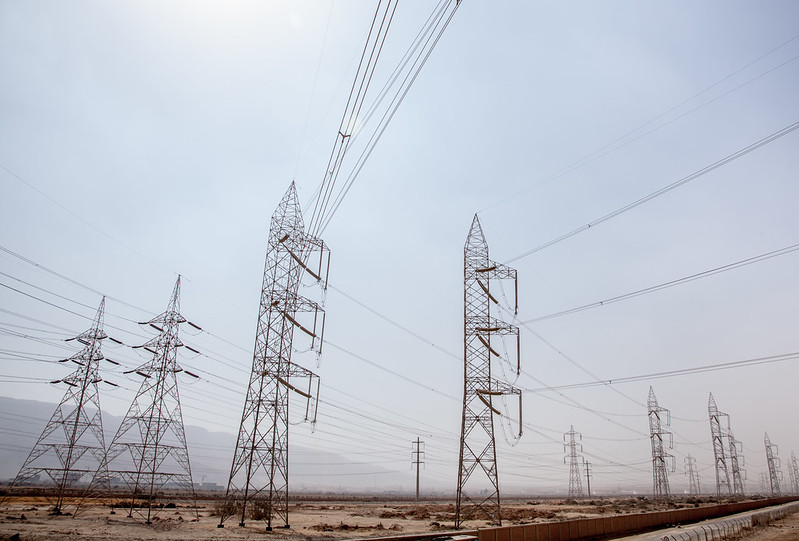World Bank approves $150m for electricity services in Senegal

The World Bank’s Board of Executive Directors approved $150 million from the International Development Association (IDA) to increase access to electricity services for households, enterprises, and critical public facilities in Senegal.
More than 1.5 million people will benefit directly from the Energy Access Scale-Up Project (PADAES) through the connection of 200,000 households to the grid, including 40,000 vulnerable households that will be provided with standardized connection kits tailored to their needs. In addition, about 700 micro, small and medium-sized enterprises, 200 schools, and 600 health facilities will benefit from new or improved electricity services.
Senegal has one of the highest electrification rates on the continent at 78.6%, but this high electrification rate is masking profound disparities – across urban and rural areas, geographies, and income groups. The PADAES will contribute to reducing the uneven distribution and access to electricity. The latest Demographic and Health Surveys Programme (DHS) in Senegal reveals a strong correlation between poverty and lack of electricity access.
According to Sophie Gladima, Senegalese Minister of Petroleum and Energy, the Senegal Energy Access Scale Up Project is an important contribution to the ongoing governmental strategy for universal access by 2025 to electricity at an affordable cost for all Senegalese households, both in rural and urban areas.
Nathan Belete, World Bank Country Director for Senegal, stressed the bank’s commitment to the energy sector. He noted that “one year ago, around this time, the Word Bank made a pledge to the Government of Senegal to be on his side in a universal access roundtable, by committing to scale up its funding and being the leading agency in support to the Government shared vision. With the Board approval of this project, our institution shows its deep commitment to the energy sector and the Senegalese people.”
According to Manuel Luengo, World Bank Task Team Leader, this transformational and innovative project consolidates World Bank support to the Senegal ambition of reaching universal access to electricity by 2025, five years in advance to SDG7, making it one of the first countries in sub-Saharan Africa to reach that objective. “Together with the Regional Electricity Access and BEST Project, the Bank will provide almost $300 million funding for the Government’s Universal Access Program (UAP), around one-third of the remaining financing gap,” he said.

